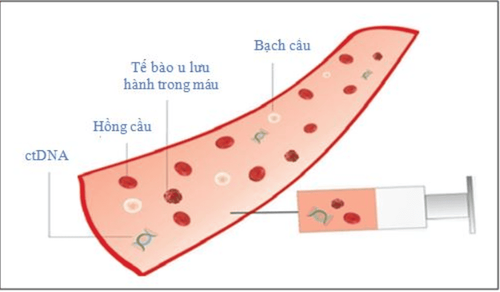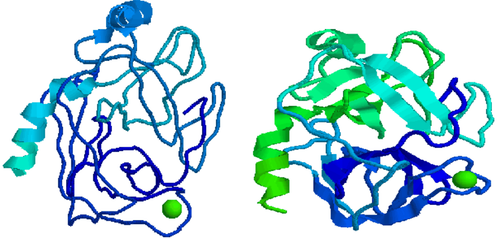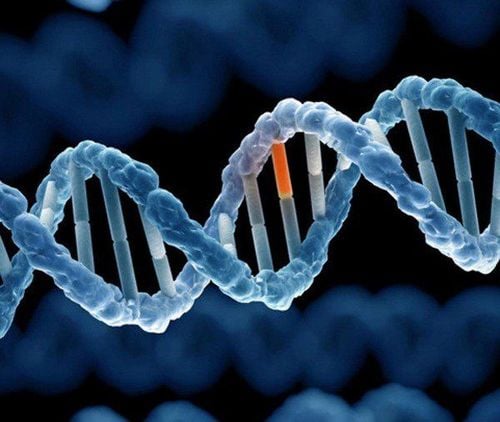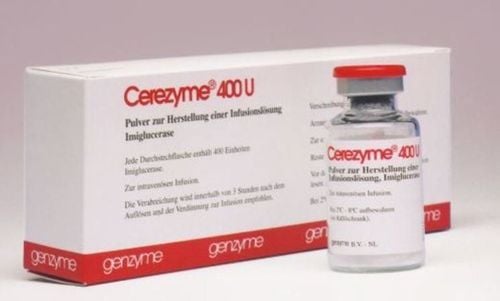This is an automatically translated article.
Article by Dr. Ha Thi Lien - Medical Genetics Division, Vinmec High-Tech CenterIn a normal cell cycle, telomeres shorten as the body ages. Thus, telomere lengths that are shorter than the average length in a given age group have been shown to be associated with an increased risk of aging or reduced life expectancy in humans.
1.What is Telomere?
A telomere is a segment of DNA whose sequence (TTAGGG) repeats many times at the beginning of each chromosome. Telomeres play an important role in protecting DNA molecules from harmful effects and destabilizing the genome.In the normal cell cycle, after each cell division, part of the telomere is lost. When the length of the telomeres reaches a limit, the cell will die by itself (apotosis). Therefore, telomere length can be considered as a biological clock to determine the "life expectancy" of cells and organs. However, over the course of life, many other factors can cause telomeres to shorten more rapidly including damage to the DNA molecule in general and damage to the exact location of telomeres leading to many health effects. human health and longevity.
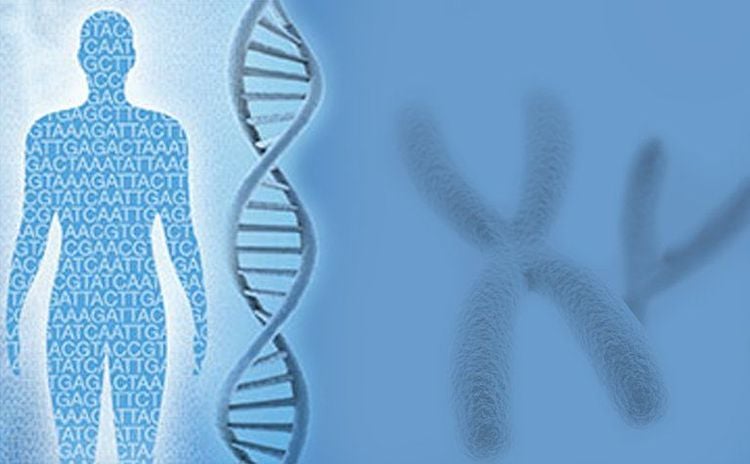
Telomere là 1 đoạn DNA có trình tự (TTAGGG) lặp lại nhiều lần ở đầu mỗi nhiễm sắc thể
2. How is telomere shortening related to aging and cancer?
In a normal cell cycle, telomeres shorten as the body ages. Telomere length in humans is estimated to decrease by 24.8-27.7bp per year. Telomere lengths that are shorter than the average length in a given age group have been shown to be associated with an increased risk of aging or reduced life expectancy in humans.Telomere length is affected by a combination of factors including age, genetics, epigenetics, environment, socioeconomic status, exercise, body weight , smoking....The loss of telomeres does not appear to be different between men and women.
Lifestyle factors such as smoking, obesity, lack of exercise, poor diet can accelerate the shortening of telomeres leading to aging related diseases or premature death. Shorter telomeres are linked to early onset of many health problems such as heart disease, diabetes, increased risk of cancer and osteoporosis.
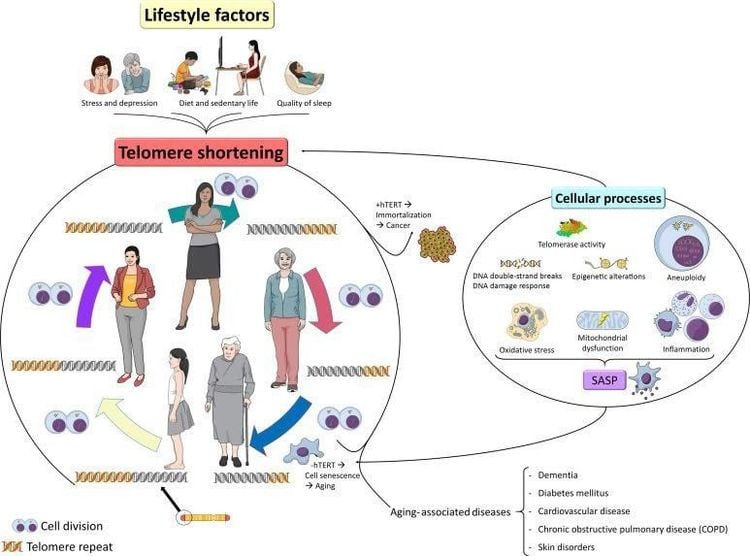
Chu trình tế bào bình thường thì các telomere sẽ ngắn đi cùng với quá trình già hóa của cơ thể
Smoking is also associated with increased shortening of telomeres. Smoking is negatively correlated with telomere length. Smoking increases oxidative stress, accelerating the shortening of telomeres leading to premature aging.
Please dial HOTLINE for more information or register for an appointment HERE. Download MyVinmec app to make appointments faster and to manage your bookings easily.





